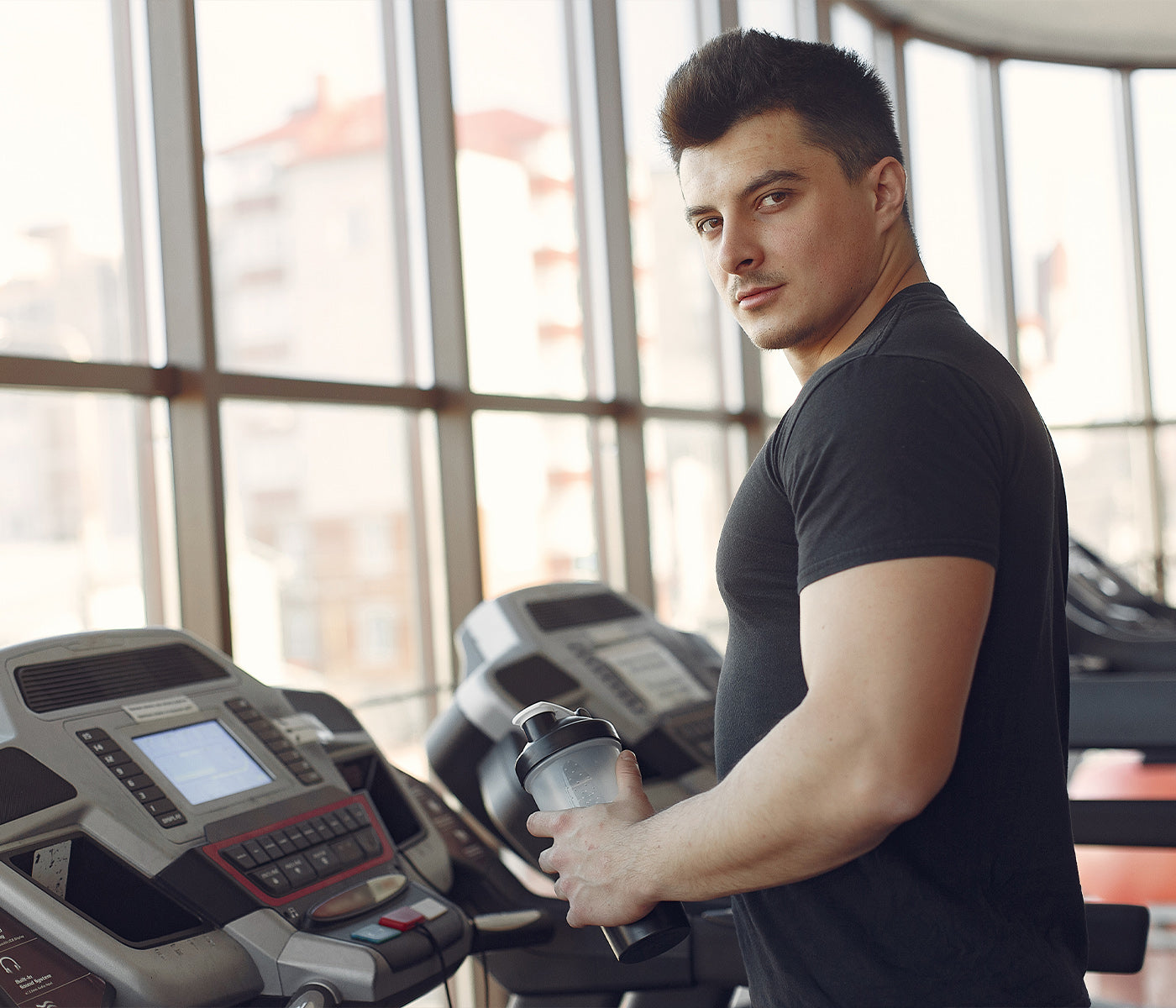
Testosterone: A Deep Dive into the Male Hormone
Testosterone: A Deep Dive into the Male Hormone
Testosterone, the primary male sex hormone, plays a pivotal role in various aspects of male health and well-being. From muscle mass and bone density to mood and libido, testosterone influences numerous bodily functions. Understanding the intricacies of testosterone is essential for optimizing health and performance.
The Role of Testosterone
Testosterone is primarily produced by the testes, with smaller amounts produced by the adrenal glands. This hormone is responsible for the development of male sexual characteristics, such as deep voice, facial hair, and increased muscle mass. Additionally, testosterone plays a crucial role in:
- Sexual Function: Testosterone is essential for healthy sexual function, including libido, sperm production, and erectile function.
- Bone Health: Testosterone helps maintain bone mineral density, reducing the risk of osteoporosis.
- Muscle Mass and Strength: Testosterone stimulates muscle protein synthesis, leading to increased muscle mass and strength.
- Mood and Cognitive Function: Testosterone can positively impact mood, energy levels, and cognitive function.
The Decline of Testosterone
As men age, testosterone production naturally declines, a condition known as hypogonadism. This decrease in testosterone levels can lead to a variety of symptoms, including:
- Decreased sex drive
- Erectile dysfunction
- Reduced muscle mass and strength
- Fatigue and low energy
- Mood swings and depression
- Decreased bone density
- Reduced fertility

Testosterone Replacement Therapy (TRT)
For men with confirmed low testosterone levels, testosterone replacement therapy (TRT) may be an effective treatment option. TRT involves administering synthetic testosterone to restore hormone levels.
Types of TRT:
- Oral Testosterone: Available in pill or gel form, oral testosterone is absorbed through the digestive tract.
- Injectable Testosterone: Administered through intramuscular injections, this form provides a steady release of testosterone.
- Testosterone Patches: Applied to the skin, these patches deliver a consistent dose of testosterone.
- Testosterone Gels: Applied to the skin, these gels are absorbed through the skin.
Potential Risks and Side Effects of TRT
While TRT can be effective in addressing low testosterone symptoms, it's important to be aware of potential side effects, including:
- Acne
- Increased risk of blood clots
- Liver damage
- Enlarged prostate
- Sleep apnea
- Reduced sperm count
Consulting a Healthcare Professional
If you're experiencing symptoms of low testosterone, it's crucial to consult with a healthcare professional for proper diagnosis and treatment. They can evaluate your testosterone levels, assess your overall health, and discuss the potential benefits and risks of TRT.
Conclusion
Testosterone is a vital hormone that plays a significant role in male health and well-being. By understanding the role of testosterone, its potential decline, and the treatment options available, men can take proactive steps to optimize their health and quality of life.
References:
- Matsumoto, A. M. (2002). Testosterone replacement therapy in men. The New England Journal of Medicine, 347(6), 443-452.
- Snyder, P. J., Peake, J. M., & Nelson, R. J. (2011). Testosterone and exercise performance. Journal of Applied Physiology, 111(3), 626-636.
- Bhasin, S., Storer, T. W., Berman, N., Callegari, C., Clevenger, B., Phillips, J., & Bunnell, B. (1996). The effects of supraphysiologic doses of testosterone on muscle size and strength in normal men. New England Journal of Medicine, 335(1), 1-7.


